The Net Lease Vertical That Hits Home
Avison Young's Jonathan Hipp on why investors should consider this alternative.
Commercial real estate investors are always looking for alternatives in which to invest capital and now have another largely untapped market sector to explore. Single-family rentals and build-to-rentals are attracting more and more attention from investors who see the need to diversify for capital protection and growth–in a stable real estate sector.
SFRs might sound counterintuitive for investors that have made their bones in commercial investments, such as multifamily, retail and industrial markets. But even the apartment rental market is showing signs of wear and tear, with occupancies in 2023 down some 50 basis points by some counts.
And while, frankly, SFR/BTR rent increases have slowed, the sector is still outperforming its pre-pandemic numbers–by a reported 26 percent.
There is more here that demands closer inspection. Hungry investors looking to ramp up their safe-haven capital placements can do so for a mere fraction of what larger, traditional commercial properties will demand. For instance, Avison Young, which is now entering the SFR/BTR market, has just listed a $5 million portfolio of NNN BTRs by an investment-grade firm. Needless to say, it is an exciting new avenue of expansion for investors to take advantage of a unique, new net lease vertical.
Several major advantages can’t be ignored, including:
- Lower investment thresholds, which means easier funding and greater payment options, such as all cash;
- The long-term insurance of a net-leased property, with hands-free management investors have come to appreciate with other triple-net products;
- The benefits of regular monthly rental income and capital appreciation over time;
- Faster depreciation as a residential play;
- Better residual value;
- Decreased risk of non-renewals; and
- The consumer interest is high.
We have to consider this last point in detail. Post-COVID, there remains an overhang of trepidation about living in our nation’s downtowns. In a scenario being played out in many major CBD markets around the country (but certainly not all), workers, shoppers and renters head for the relative quiet and safety of the suburbs. (After all, given the relative quiet of the suburbs, why commute when you can work from home?)
Even without the current upheaval occurring in downtown markets, SFRs/BTRs can boast a stable potential audience of young couples and retirees alike who both prefer the benefits of the suburbs and are stymied by the current interest-rate picture and the challenges of mortgage qualifications it causes.
Are SFRs/BTRs a good fit for every investor? Of course not. But in a market that is flooded with economic uncertainty (for buyers and sellers alike), any product that can virtually guarantee long-term stability and growth is worth serious consideration.
Jonathan Hipp is head of the U.S. Net Lease Group at Avison Young.


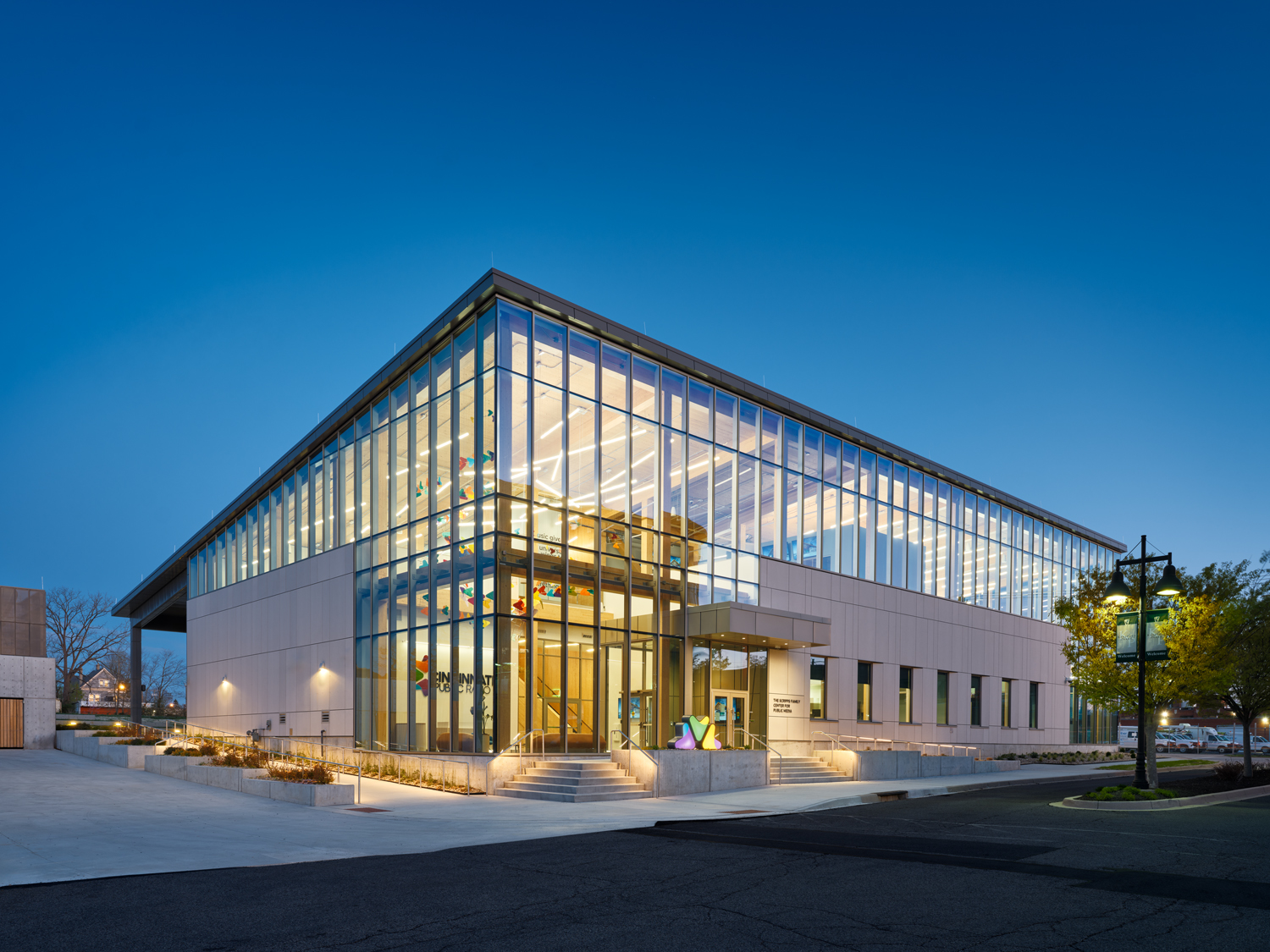
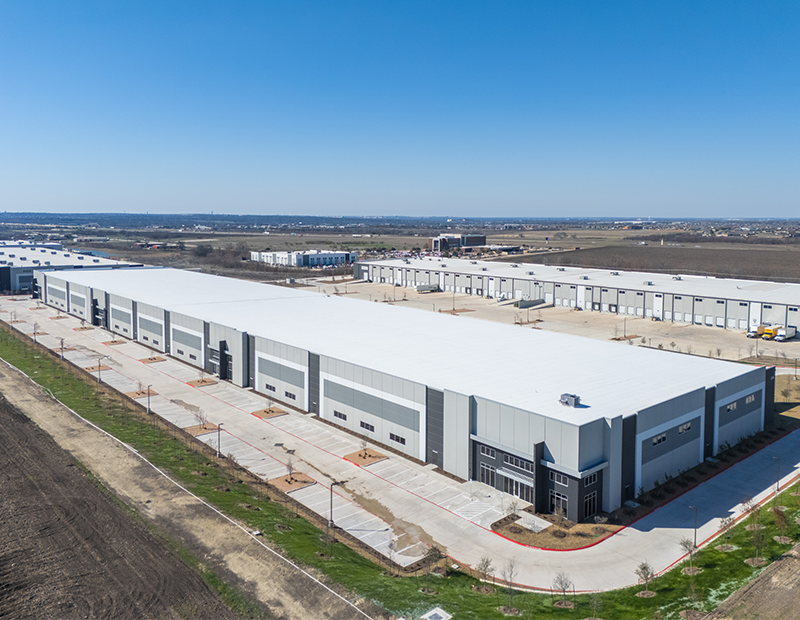
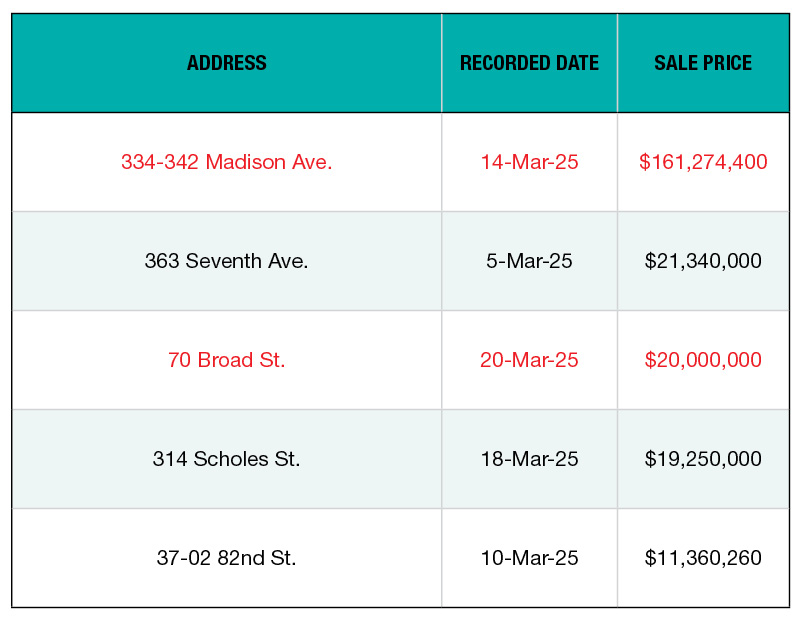
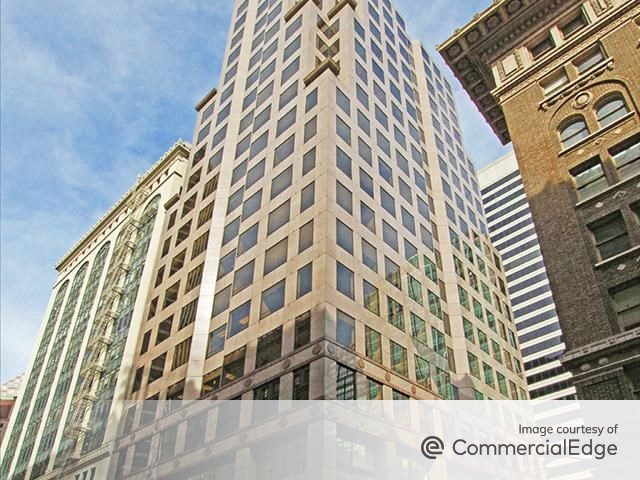
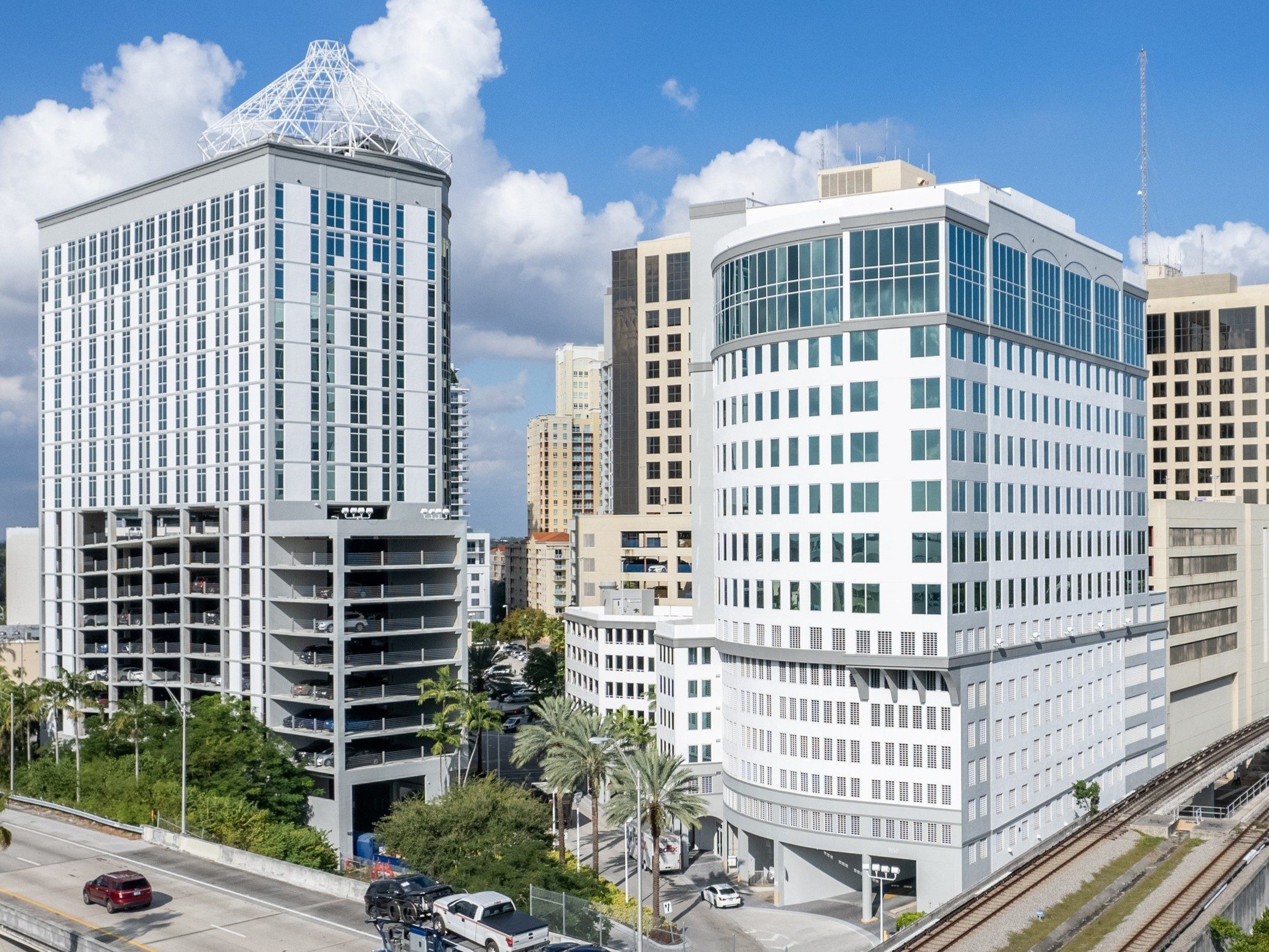
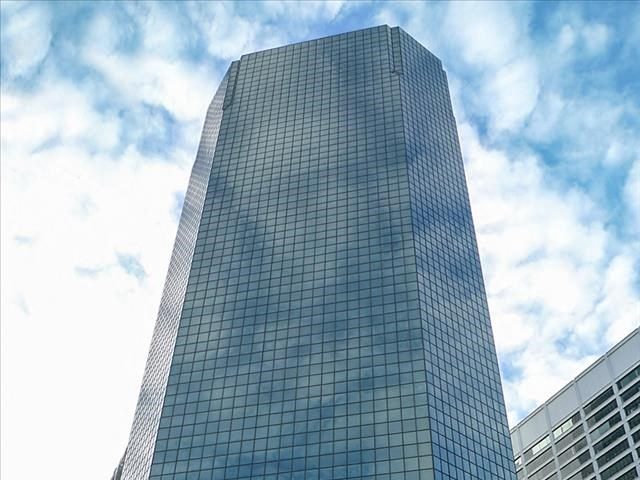
You must be logged in to post a comment.